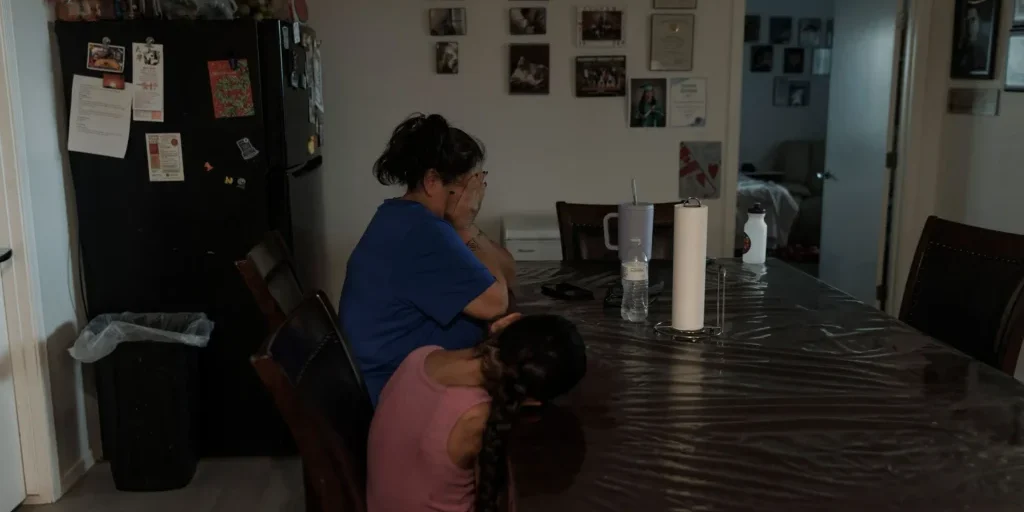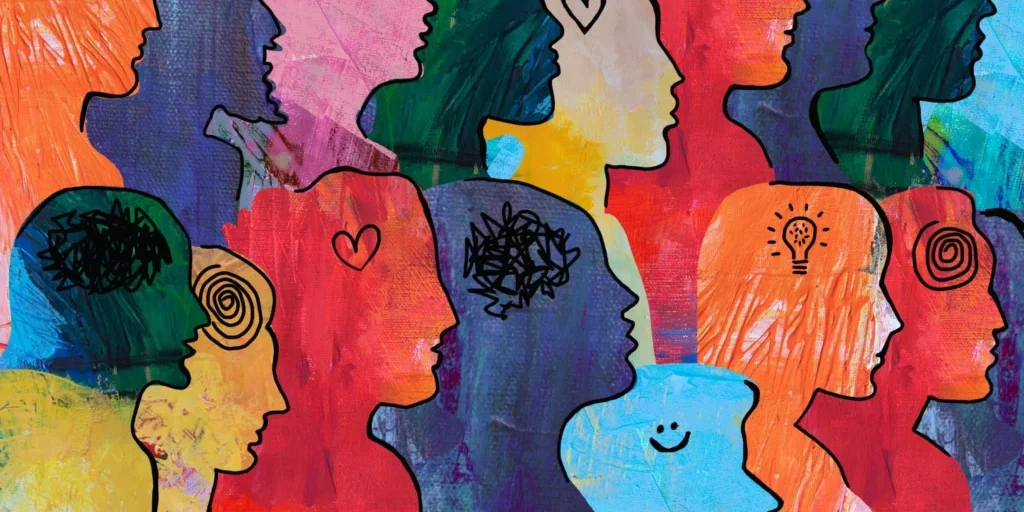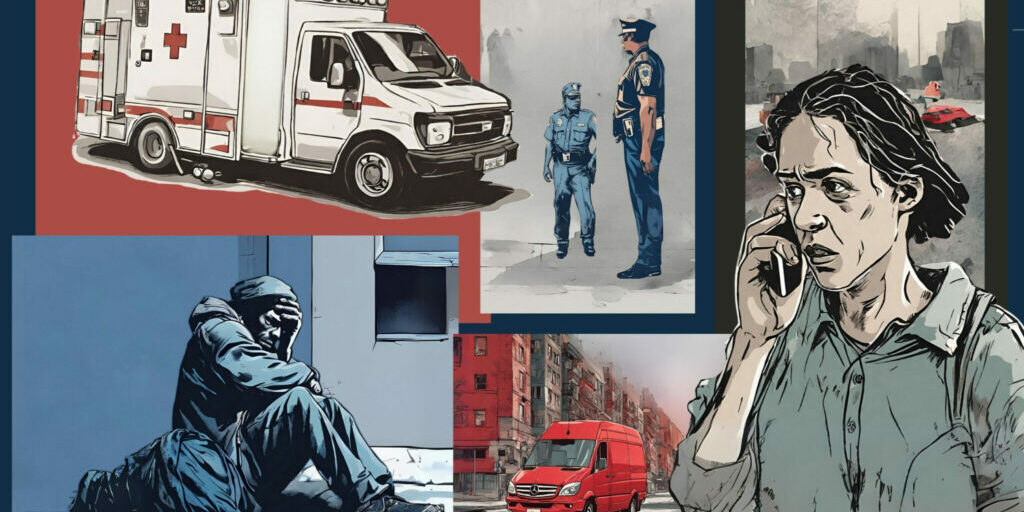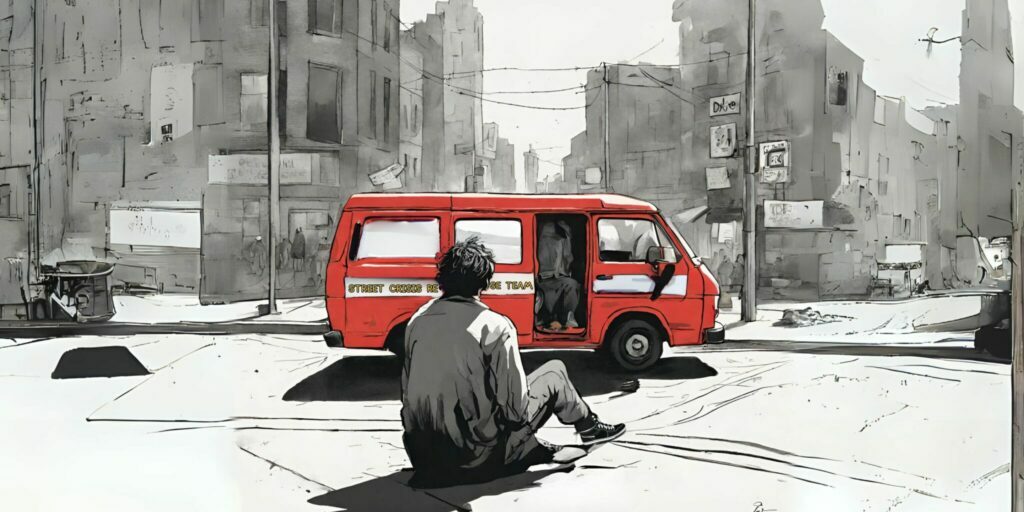©Shutterstock/GrAI
The numbers show that we’re in crisis...
in 5
U.S. Adults experience mental illness each year
million
More than half of U.S. adults with a mental illness don’t receive treatment—a number that has been on the rise since 2011.
in 10 people
who struggle with mental illnesses have no health insurance
%
of children experiencing major depression are not receiving care.







